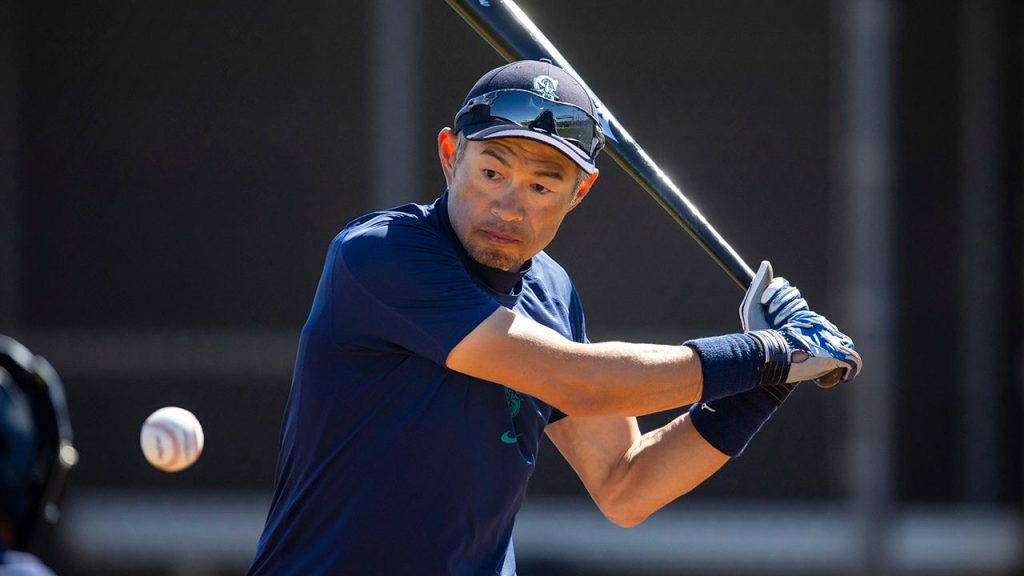Ichiro Suzuki’s Hall of Fame Induction and the Near-Unanimous Vote
Ichiro Suzuki, a baseball icon who transcended borders and redefined hitting prowess, etched his name into the annals of Cooperstown history with his induction into the Baseball Hall of Fame. His induction, however, was tinged with a hint of controversy – a single dissenting vote denied him the distinction of becoming only the second unanimous inductee, a feat previously achieved solely by Mariano Rivera. While the overwhelming majority celebrated his achievement, the lone dissenting vote sparked a debate that rippled through the baseball world.
Suzuki’s journey to the Hall of Fame was a testament to his exceptional talent and unwavering dedication. Arriving in Major League Baseball (MLB) from Japan in 2001 at the age of 27, he immediately captivated fans and experts alike with his unique hitting style and exceptional defensive skills. In his rookie season, he achieved a feat matched only by Fred Lynn, winning both the American League (AL) Rookie of the Year and AL Most Valuable Player (MVP) awards. This set the stage for a remarkable career that spanned almost two decades, during which he amassed a collection of accolades, including two AL batting titles, ten All-Star selections, and ten Gold Glove awards as an outfielder.
Suzuki’s impact on the game extended far beyond his individual accomplishments. His arrival in MLB marked a significant moment in the globalization of baseball, paving the way for other Japanese players to pursue their dreams on the grandest stage. He became a cultural icon, admired for his humility, work ethic, and unwavering commitment to excellence. His distinctive batting stance and lightning-quick swing became instantly recognizable, inspiring a generation of young players to emulate his style.
The news that a single vote prevented Suzuki’s unanimous induction sparked a wave of reactions, ranging from disbelief to outrage. Many questioned the rationale behind the dissenting vote, arguing that Suzuki’s accomplishments and impact on the game were undeniable. Fans and media pundits took to social media to express their disappointment and frustration, with some even calling for the identity of the dissenting voter to be revealed. The debate highlighted the subjective nature of Hall of Fame voting and the inherent challenges in achieving unanimous consensus.
In the midst of the controversy, Suzuki himself responded with characteristic grace and humility. Rather than expressing bitterness or resentment, he extended an invitation to the dissenting voter, expressing a desire to understand their perspective and engage in a respectful dialogue. This gesture further solidified his image as a sportsman and a class act, earning him even more admiration from fans and colleagues.
While the dissenting vote may have prevented Suzuki from joining Rivera in the exclusive club of unanimous inductees, it did little to diminish the significance of his achievement. His induction cemented his legacy as one of the greatest hitters in baseball history, a pioneer who bridged cultures and inspired generations of players. His story serves as a reminder that even in the face of near-unanimous acclaim, individual perspectives can differ, and the pursuit of perfection remains an elusive goal. Suzuki’s induction, along with those of CC Sabathia and Billy Wagner, adds another chapter to the rich history of baseball and the Hall of Fame.

